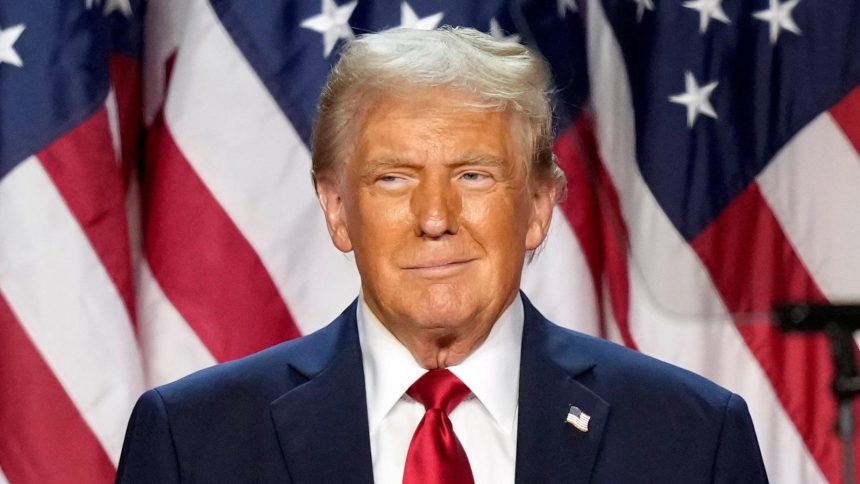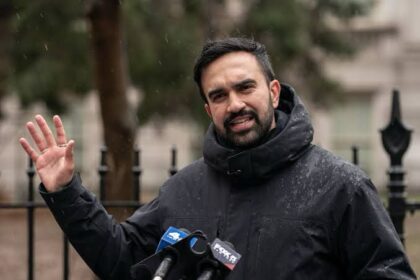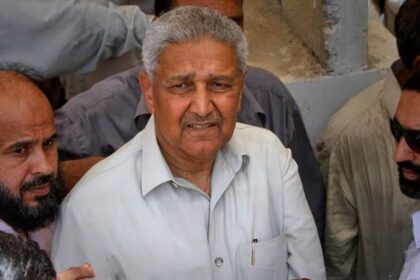Can we expect normality in the world in these turbulent times with a newly elected president of the most powerful country in the world?
The Madman Theory: From Nixon to Trump
In his book, Discourses on Livy, Machiavelli argued that it can be wise to provoke madness in certain situations. Little did he know that Richard Nixon, the 37th U.S. President, would later embrace a similar idea in his approach to the Vietnam War. Nixon’s ‘Madman Theory’ became a notable aspect of his foreign policy. In a famous conversation during his 1968 campaign for the presidency, Richard Nixon confided to H.R. Haldeman,
“I call it the Madman Theory, Bob. I want the North Vietnamese to believe I’ve reached the point where I might do anything to stop the war.”
Trump’s Unpredictability: A Dangerous Gamble?
If you have the chance to listen to President Donald Trump’s speeches or read his tweets, you might question his mental state. How has he managed to become the president of the most powerful country in the world, whose decisions have far-reaching consequences across the continents? Many people believe that he is narcissistic or insane, but this writer is also unsure— is he truly mad or is he playing the madman theory? With the return of Trump to the White House, the madman theory will be tested like never before. Trump has often claimed that he is unpredictable and erratic. On the campaign, he boasted about how world leaders fear him.
Consider the case of tariffs. Trump has this peculiar penchant for tariffs. In the podcast of Joe Rogan, Trump smugly said,
“To me, the most beautiful word in the dictionary today is the word tariff.”
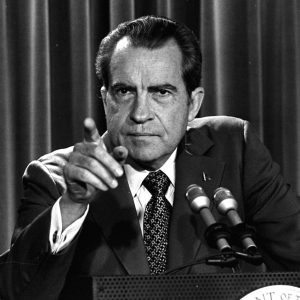
Recently, he announced the suspension of the 25 percent tariffs on both Mexico and Canada, a move aimed at fostering cooperation and negotiation with the United States’ guidelines. However, it raises a critical question: Did Trump fully contemplate the potential repercussions of imposing such tariffs on these neighboring countries? The consequences could have been severe—not just for the U.S. economy, which might have faced significant downturns, but also for the global economy, potentially plunging it into a state of turmoil and uncertainty that would have caused a global economic crisis.
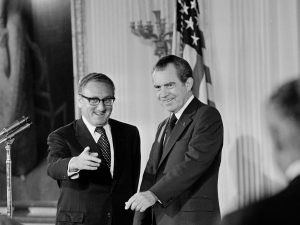
Trump, the president of the United States, seems to have a penchant for neo-colonialism, as seen in his proposal to relocate Gaza’s residents and turn the region into a tourist destination, which he called a “Riviera plan.” Mr. President, my humble submission to you is: Have you forgotten international law in your madness? How can you call Ukrainian President Zelensky a dictator while having such contempt for the people of Gaza and for public international law? With the exception of far-right Israelis, the entire international community has criticized Trump’s proposal.
Trump has admitted openly that he and the United States will be unpredictable in their actions this time. He was indeed unpredictable when he said in his inaugural address that the United States had given the Panama Canal to China and that he would take it back. Beijing and the Panamanian president denied these claims by Trump. I wonder why Trump does this so often. Is he mad, or is he playing the madman theory?
In analyzing Richard Nixon’s presidency, particularly in the context of the Vietnam War, it becomes evident that he ultimately failed to effectively implement his own “madman theory.” This strategy aimed to instill fear in both domestic and international audiences by presenting himself as unpredictable and volatile. However, despite these tactics, the conflict in Vietnam concluded with the Vietnamese securing a victory based on their own terms rather than succumbing to the pressures exerted by the United States. The war resulted in a staggering loss of life and destruction, marking it as one of the deadliest conflicts in American history, with profound repercussions that would shape U.S. foreign policy and public opinion for decades to come.
Madness or Strategy?

We cannot predict the fate of Trump’s policies, and it’s too soon to judge their outcomes. The real question is whether he is genuinely irrational. Does he mean what he says, or is he simply testing the “madman theory”? Only Trump knows his true intentions, and whether he will actually accomplish the controversial tasks he proposes remains uncertain.




